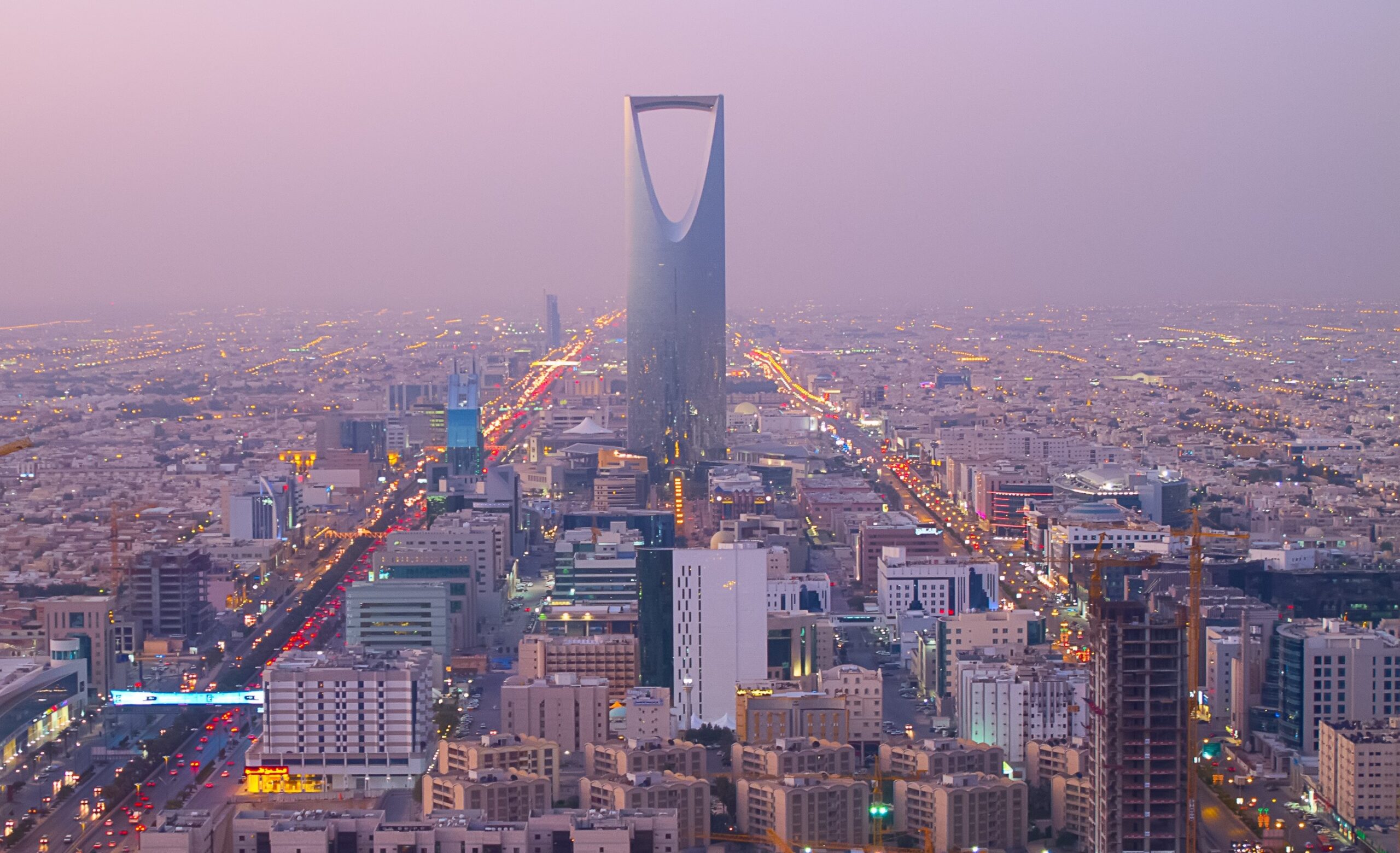Chris Tozer lifts the lid on the real Saudi Arabia, and the market opportunities it presents for New Zealand’s export companies in 2018.
Saudi Arabia is not a country that’s used to rapid change, yet few places have altered as quickly or as dramatically as the Kingdom in the last 18 months. Events that would have once been unthinkable, like public music festivals, hosting Comic Con, and the reopening of cinemas after 35 years, are now becoming increasingly commonplace – in particular over a remarkable last six months. Yet perceptions of the nation haven’t kept pace with the changes, and the largest economy in the region remains exempt from many New Zealand companies’ export plans.
Demystifying the Kingdom
Nothing displays the shift the country is currently undergoing better than the evolving place of women. As well as highly publicised changes like the lifting of the controversial bans on driving and attending sporting events, it has recently been announced that women are now able to open businesses without the permission of a male guardian. Women across the country are increasingly participating in the workplace, even political life, and comprise more than 60% of all university graduates. And while this may seem trivial to many expats, it represents a deep change in the way the Kingdom is approaching the world.
Contrary to popular belief, Saudi Arabia is an exceptionally young country, with 70% of its population aged under thirty. Another common misconception is that Saudi is disconnected from and unfamiliar with Western views and ways of doing things. With some of the highest social media penetration in the world, particularly Twitter and YouTube, and close to 150,000 young people travelling overseas to study each year on the King Abdullah Scholarship programme, people in Saudi are increasingly familiar with other cultures.
Vision 2030
Much of the change is linked to the ascent of a young and dynamic Crown Prince, Mohammed bin Salman. He has encouraged an intense period of internal examination centred on Vision 2030 – the country’s blueprint for modernisation as it moves away from oil production and searches for new revenue streams. As well as a greater role for private investment, this ambitious plan also features some of the largest civil engineering projects in the world – including a new coast-to-coast railway, a man-made causeway linking the Kingdom to Bahrain, and the $500 billion entertainment and technology mega city, Neom, taking shape south of Riyadh and powered solely by wind and solar energy.
What do these changes mean for New Zealand companies?
This transformation is creating an incubator for new industries across the country, many of which New Zealand already has a world-class reputation in. These fields are as diverse as education, air traffic control, F&B, fitness, infrastructure, construction and one of the country’s largest growth industries – health, an area where both Orion Health and Fisher and Paykel Healthcare have been involved for the last fifteen years.
Tourism in particular is set to take off, with the introduction of tourist visas for the first time in 2018 along with the construction of new Red Sea resorts, set to take advantage of both its picture perfect coast and some of the best snorkelling in the world. In fact the ministry in charge of establishing this sector, nicknamed the ministry of fun, is intent on attracting 30 million visitors a year by 2030 and giving them the level of service they expect.
It doesn’t end there. With just 1.5% of its arable land suitable for growing produce, Saudi Arabia is heavily reliant on imports, with more of its people looking for the kind of high quality products New Zealand is famous for. Currently filling this need are companies like Silver Fern Farms, Nourish by ANZCO, Zespri, Mr Apple and suppliers of high quality honey – a highly valued product in the region, like Watson & Son and Manuka Health. Kiwi chain, Burger Fuel meanwhile opened stores in the Middle East before the chain reached the South Island, opening its biggest restaurant in Riyadh in 2010.
Not for the faint-hearted
Like any market, there are unique challenges to doing business in Saudi Arabia. Issues such as the length of payment settlement, the preferential employment of Saudis over foreign nationals, labelling regulations and corruption exist in Saudi Arabia. Overlaying this business environment is a strict interpretation of Islam and social restrictions, although these are easing following a declaration by the Crown Prince that Saudi Arabia will soon be transformed into a “modern Islamic country”.
What’s next?
The push for change in the Kingdom is affecting every aspect of Saudi life and shows no signs of slowing down. As the Kingdom becomes increasingly open and tolerant, the list of emerging sectors, and needs to meet, is growing. With wisdom, good advice and patience many New Zealand exporters have proven that this complex, and at times challenging market, can reap rewards.
Chris Tozer is New Zealand’s Trade Commissioner for Saudi Arabia. He has been based in Riyadh since mid-2014. In his 14 years with NZTE and its predecessors, Chris has had a number of roles in New Zealand and internationally including as Trade Commissioner and Consul in New York, five years in London assisting New Zealand companies enter that market, and as a customer manager based in Auckland.




